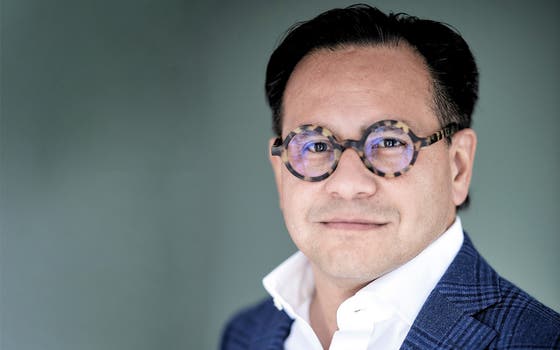Oscar Franco appointed Professor of Public Health

Lees artikel in het Nederlands >
Professor Franco, who has been working at the Julius Center since October 2022, will focus on prevention as of July 15 as newly appointed Professor of Public Health. Prevention is an important theme for UMC Utrecht, and this chair strengthens both its academic underpinning and its application.
Oscar Franco was born in Colombia, where he also became a doctor. Since the turn of the century he has mainly been working in Switzerland, United Kingdom and the Netherlands, including at Erasmus MC. Over the past twenty years, Franco has established himself as an outstanding scientist with nearly 900 publications, including work with renowned epidemiologist Walter Willett.
Prevention and Healthy Living
The discipline in which Franco will be working is very relevant. He is coordinator of the Healthy Living accelerator, which focuses on prevention - an important theme within UMC Utrecht, but also outside of it. Prevention is the best cure, and pursuing this has benefits not only for the population, but also for the burden on healthcare and rising healthcare costs.
Healthy ageing is also a current topic, given the aging population, and has a lot in common with prevention. Both subjects call for a shift in the approach to healthcare and for a better connection between science and practice. Franco: “The future of medicine lies not only in prevention and comprehensive community care driven by universal access to care, information and technology, but also in the return to the origin of its own essence: health and wellbeing.” Franco has a task in translating the extensive prevention research into innovations in the healthcare system.
Prevention in the New Utrecht School
In addition to research, Professor Franco wants to be closely involved in education. The New Utrecht School also has the ambition to better integrate social medicine and prevention into the training of doctors. Franco: “Health is not only forged in the corridors and beds of a hospital, but even more in the kitchens, rooms, streets, offices and classrooms in which we interact daily, and, in which, we train the generations of the future.”
